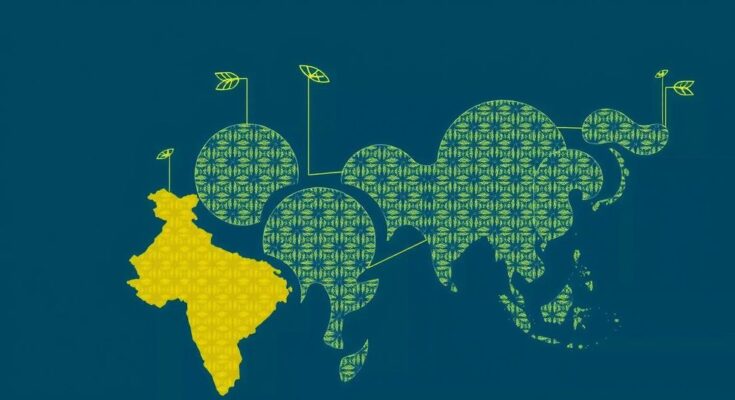India argued at the ICJ that developed countries’ climate financing is inadequate, calling for a minimum of $1 trillion annually. COP29’s $300 billion agreement disappointed many developing nations. The hearings underscore demands for accountability and equitable support in addressing climate change, particularly for vulnerable small island states.
On December 5, India presented its arguments at the International Court of Justice (ICJ), emphasizing the necessity for equitable global measures to combat climate change. Developing countries and small island nations are demanding a minimum of $1 trillion annually from developed nations for conservation support. The recent COP29 meetings in Baku, Azerbaijan, left many vulnerable countries dissatisfied, as they settled on a climate finance package of $300 billion—triple the previous commitment of $100 billion made during the 2009 COP15 in Copenhagen.
The discussions at the ICJ arise from persistent calls for increased climate financing from wealthy nations to support developing countries in their climate adaptation efforts. The targets set at international climate conferences have often fallen short of expectations, with developed nations failing to meet their previously pledged commitments. Section 9 of the Paris Agreement emphasizes the importance of financial flows to support developing countries, but many nations argue that the current funding levels remain woefully inadequate.
The hearings at the ICJ signify a critical juncture in international climate action, as representatives from vulnerable states assert their rights to adequate climate finance and technological support from historically polluting countries. The outcome of these discussions may influence future climate treaties and obligations, pressuring developed nations to fulfill their commitments under international law. The proceedings highlight the urgent call for a more equitable approach to addressing climate change and its far-reaching impacts on vulnerable populations.
Original Source: www.outlookbusiness.com




